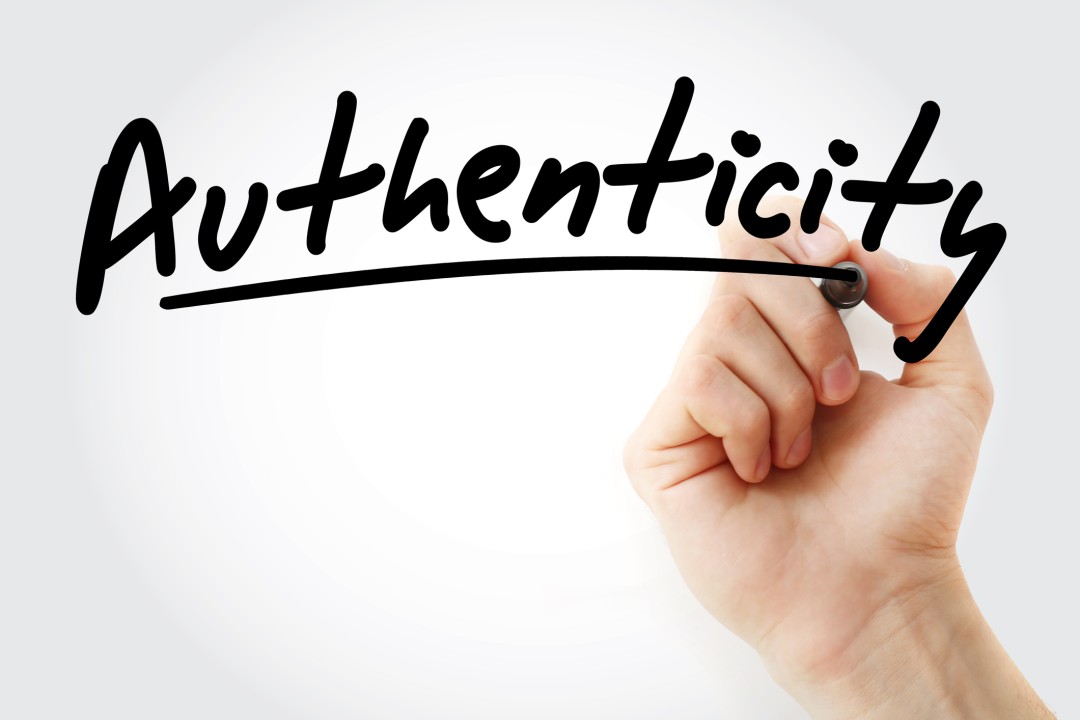 Knowing your listeners is key to preparing an effective presentation. Nothing puts listeners into a speaker’s pocket better than a speech that zeroes in on their specific needs. Your listeners will be more likely to respond positively if they feel that your research has helped you prepare specifically for them.
Knowing your listeners is key to preparing an effective presentation. Nothing puts listeners into a speaker’s pocket better than a speech that zeroes in on their specific needs. Your listeners will be more likely to respond positively if they feel that your research has helped you prepare specifically for them.
Answers to the following 10 questions will provide you with most of the information you need to know about your listeners before you speak. This will help you target your message, focus and streamline your presentation, customize materials, and reduce your anxiety.
- What are the specific characteristics of my listeners (i.e., age, sex, occupation, education, experience, status, religion, culture/subculture, political affiliations, specific interests)?
- How many people will I be speaking with?
- Why am I speaking with these listeners?
- Why are they listening? What are their expectations?
- What are their attitudes and behaviors likely to be?
- What relationship do I have with the listeners?
- What relationship do the listeners have with one another?
- What do they know about this topic? What is their level of expertise?
- What would they like to know?
- What are they doing before and after I speak?



